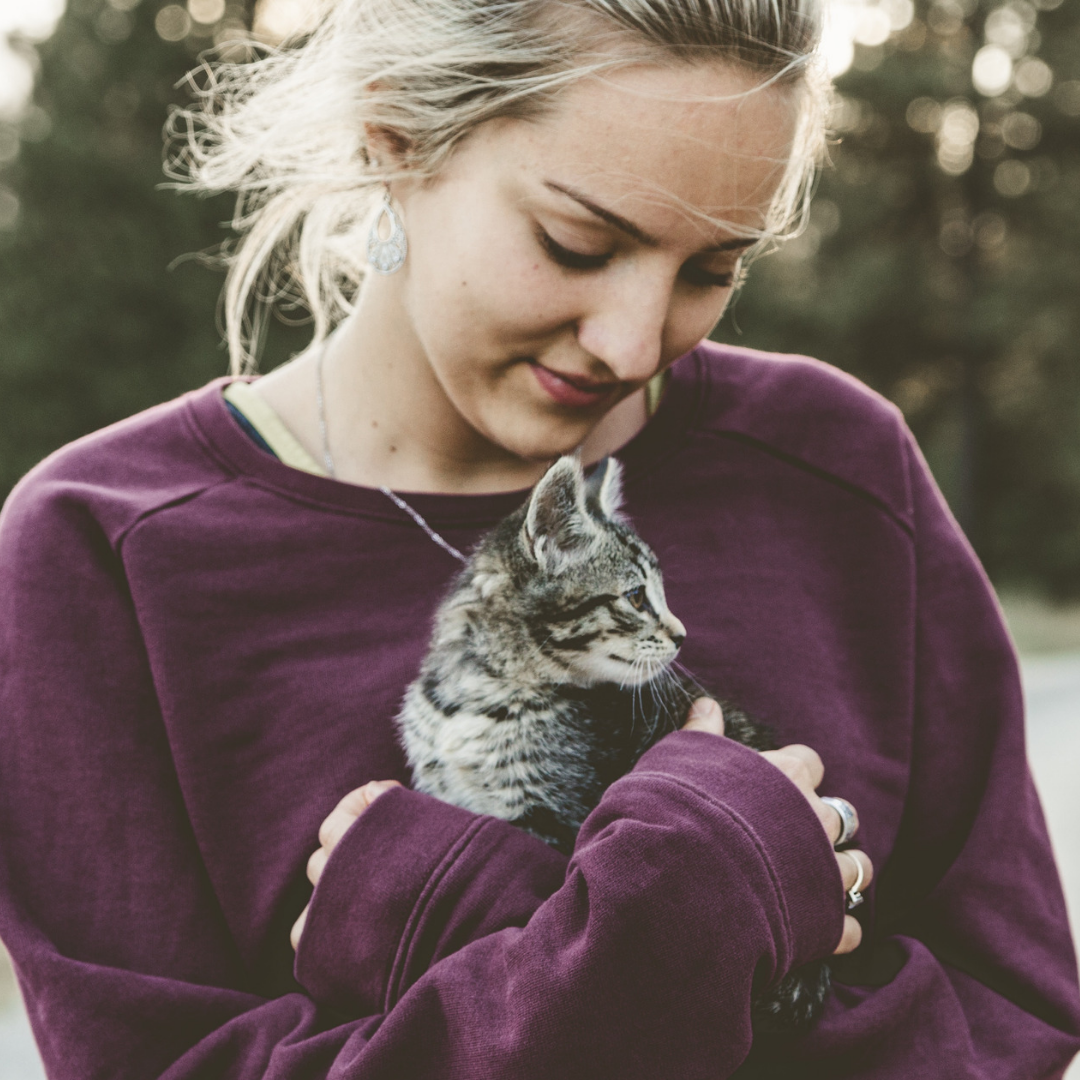How to Tell Your Kids About the Death of a Pet

When a much-loved member of your family is taken away from you it can cause an emotional effect to everyone in the family. Pets are truly part of the family, and children can react in different ways depending on the circumstances. Your family pet is much more than a furry animal, they’re a friend, confidant, companion and treasured member of your team. Their presence in the home will be sorely missed, but how do you approach the topic with your little ones? Navigating the conversation of death with children can be tricky, but you don’t need to overcomplicate it. Take each point step by step, and you will soon discover that children are understanding, strong and resilient little human beings.
Bringing Up The Topic
The initial stage of bringing up the topic of pet death to your child is probably the hardest place to start. It’s one of the most challenging moments you’ll ever experience in your parenting life, and you probably won’t want to go through the motions again. However, once the ice has broken and your child will have a lot of questions, so be prepared with the best answers possible.
Breaking The News
Actually telling your child that your family pet has passed away will be a difficult moment, but they will understand as much as you tell them. Timing is very important when telling a child about the death of a pet; you need to make sure they feel safe, supported and secure when you break the news. Doing this at home is probably the easiest step for you to take. Depending on your child’s age and maturity you may want to explain their death in varying ways. Use your judgment and tailor your language to suit your child.
Telling the Truth
There is no advantage to hiding the truth from your children when it comes to pet death; you need to be as open and honest as possible about what’s going on. In order to let the news sink in, you might want to get them involved in the process of cremation or remembering your beloved dog, cat or pet. Letting your child choose a beautiful pet urn is a great way to refocus their emotions on something positive when they have just received bad news. It’s likely that your little one will have a lot of questions about what happened and why their death couldn’t be prevented. Again, you need to use your judgment and tailor your words to suit their level of understanding.
Managing Coping Strategies
You’d be surprised at how resilient children can be when it comes to dealing with grief or loss in their lives. Unsurprisingly, children will have different reactions depending on their age, mood, maturity and general temperament. At first they may experience feelings of loneliness or frustration that their pet isn’t around anymore. It’s important to explain to your child that it’s a natural process and feeling these emotions is completely normal. Allow them to cry and don’t feel as though you need to put on a brave face. If they see you crying it will open up a door to share their feeling and thoughts with you.
Moving On
As mentioned earlier, there are a number of special ways you can remember your pet, and the children can get involved in the process. Allow them to write or read a poem for a short memorial service and have a celebration of your pets’ life together as a family. Reminisce on the impact that your beloved furry friend had on your lives, so that they can see the light during the dark times. It is also important to inform their teachers at school, so they can approach the topic sensitively. It’s natural for your little one to be upset, but you should encourage them to focus on the happy times they had with their much-loved pet.
There is no easy way to kickstart the grieving process when you’re dealing with the loss of a family pet. More often than not your children will accept the loss and move onto the next problem in their life, but every child is different. Proceed every conversation with tenderness and compassion; many children don’t have the level of understanding that we do as adults, so it can become difficult to communicate in the right way. Once the initial shock of the news has been and gone, your child can be supported as they move past their grief and focus on the positives ahead of them.







